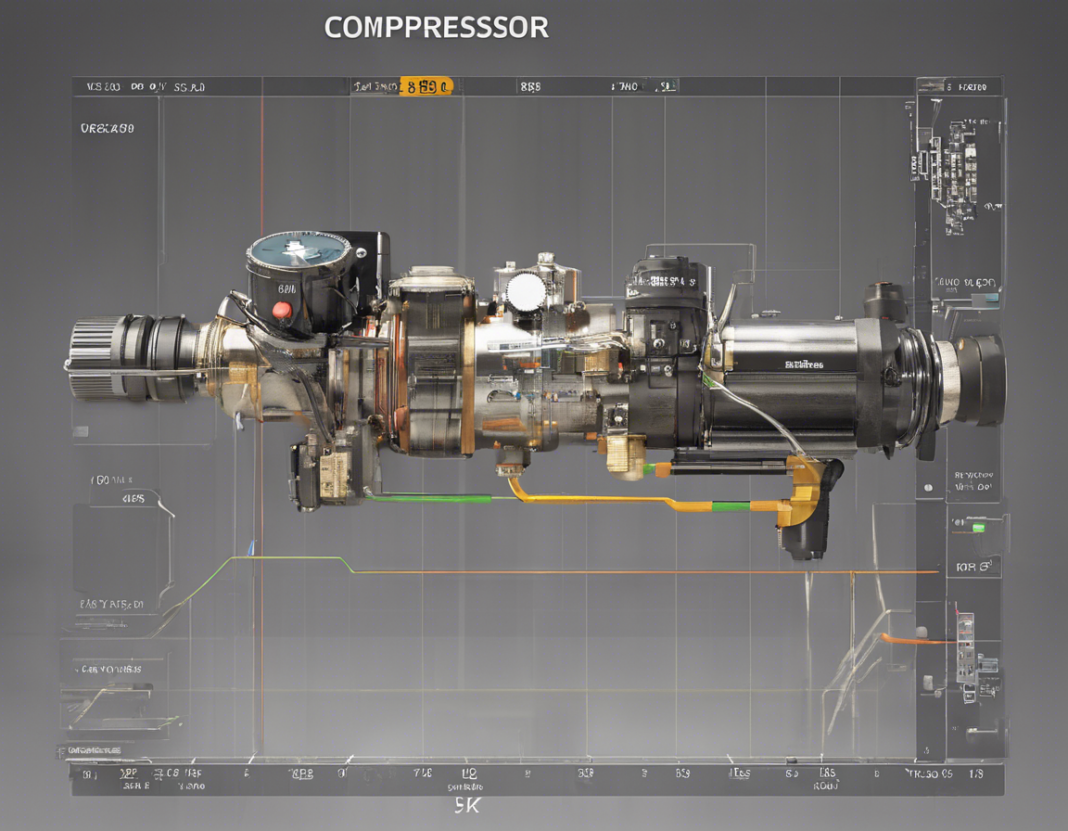Images play a vital role in enhancing the visual appeal of a website or any digital platform. However, large image files can severely impact the loading speed of a website, leading to a poor user experience. An effective solution to this problem is image compression. In this blog post, we will explore the significance of image compression, the benefits it offers, and how to use a top image compressor to reduce file sizes to 50Kb without compromising on quality.
Importance of Image Compression
1. Page Loading Speed: Large image files slow down the loading time of a webpage, leading to higher bounce rates and reduced user engagement.
2. Bandwidth Conservation: Compressed images reduce the amount of data that needs to be transferred from the server to the user’s browser, thereby conserving bandwidth.
3. Improved SEO: Faster loading websites are favored by search engines, leading to better search engine rankings.
4. Storage Optimization: Compressed images take up less storage space on servers, resulting in cost savings for website owners.
Benefits of Image Compression
1. Faster Loading Times: Compressed images load faster, improving overall website performance.
2. Better User Experience: Quick loading websites enhance user experience, reducing bounce rates and increasing user engagement.
3. Cost-Efficient: Reduced storage requirements lead to cost savings for businesses hosting large amounts of media content.
4. Increased Conversion Rates: Faster websites tend to have higher conversion rates as users are more likely to stay and explore the website.
How to Use a Top Image Compressor to Reduce File Sizes to 50Kb
There are several online tools and software available that can help you compress images effectively. One such top image compressor tool is JPEGmini, known for its ability to reduce file sizes significantly without compromising on image quality. Here’s how you can use JPEGmini to compress images to 50Kb:
Step 1: Upload Your Image
- Go to the JPEGmini website and upload the image you want to compress.
Step 2: Select Compression Level
- Choose the compression level based on your requirements. JPEGmini offers different levels of compression to suit your needs.
Step 3: Download Compressed Image
- Once the compression is complete, download the compressed image with the reduced file size of 50Kb.
Step 4: Implement Compressed Image
- Replace the original image on your website or digital platform with the compressed image to improve loading speed.
Frequently Asked Questions (FAQs)
1. What Is Image Compression?
Image compression is the process of reducing the file size of an image without significantly impacting its visual quality. It helps in optimizing images for web use by reducing loading times and conserving bandwidth.
2. Why Is Image Compression Important for Websites?
Image compression is essential for websites as it improves loading times, enhances user experience, conserves bandwidth, and leads to better search engine rankings, ultimately benefiting the overall performance of the website.
3. Will Compressed Images Affect Image Quality?
While image compression reduces file sizes, top image compressors like JPEGmini ensure that image quality is maintained at an optimal level. Users may not notice any significant difference in quality after compression.
4. Are There Any Free Image Compression Tools Available?
Yes, there are several free image compression tools available online, such as TinyPNG, Compressor.io, and Optimizilla. These tools offer basic compression features and are suitable for individuals or small businesses with minimal image compression needs.
5. How Does Image Compression Impact SEO?
Image compression plays a crucial role in improving website loading speed, which is a significant factor in SEO rankings. Faster websites are favored by search engines, leading to better visibility and higher rankings in search results.
In conclusion, image compression is a crucial aspect of optimizing websites for superior performance. By utilizing a top image compressor like JPEGmini to reduce file sizes to 50Kb, website owners can significantly enhance loading times, improve user experience, and boost overall website performance.
